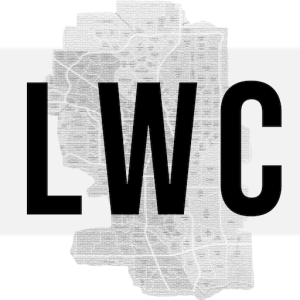CalgaryTiger
Senior Member
RICK BELL RAN FOR OFFICE! AND LOST!Rick Bell even ran against Duerr.
There is a higher power.
I imagine Rick watching Newsmax and writing in single-sentence thought-paragraphs for the Herald. I don't doubt his intelligence to play to the audience directly in front of him.it's the Herald columns
Also... Can anyone confirm if it is this simple why property taxes need to go up:
Is it because property taxes are a percentage of a property's value and not a consumption tax (GST) or inflationary-reflective tax (income tax)? Meaning that because of inflation things just always cost a little bit more? Buying that concrete for that project cost more this year than last and the City inspectors wage also went up too so those increasing costs need to be made up somehow.
Isn't it that simple? If it is that simple, then I think the City needs to do a better job of explaining that at budget time. To some, they'd still never accept a tax increase and would want the City doing the same or more with less. In reality it would mean less for less but I digress.






